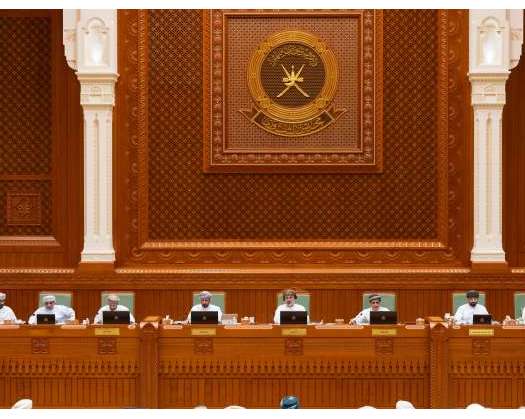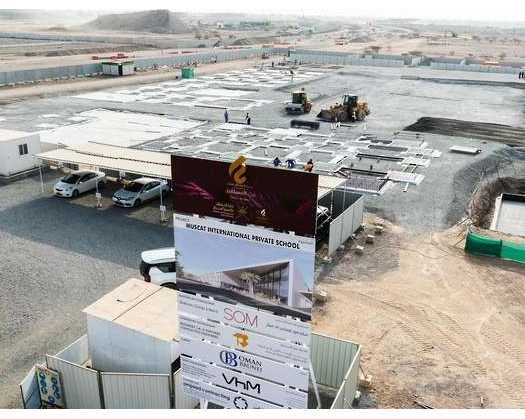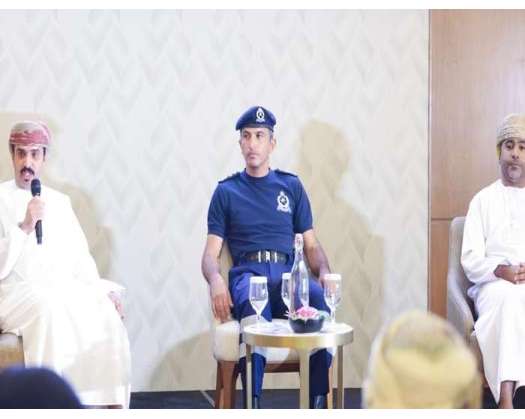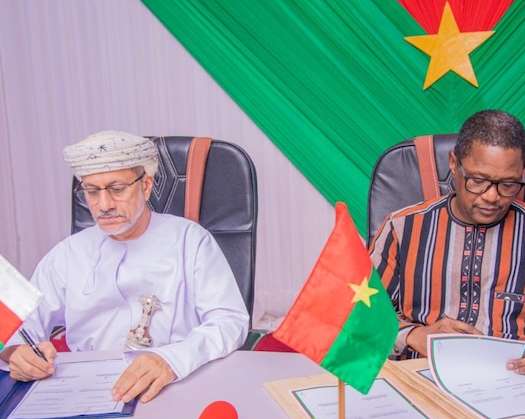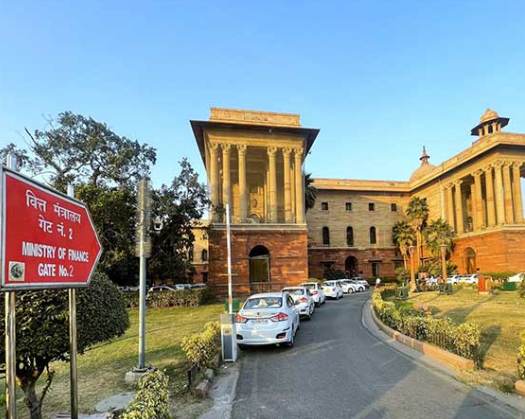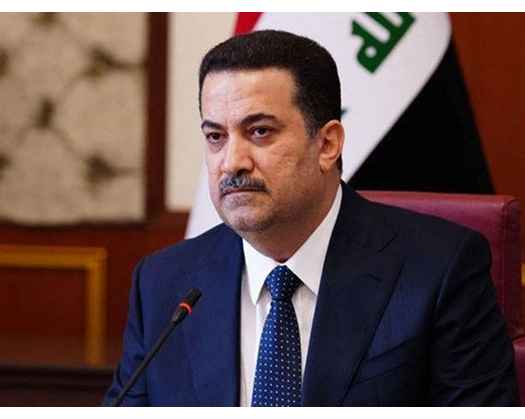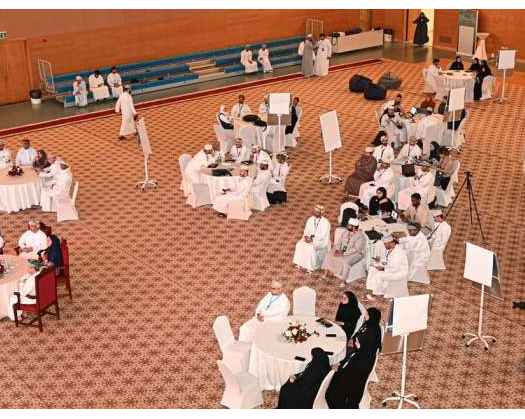Muscat: On Sunday, the Shura Council forwarded two significant draft laws—the Anti-Human Trafficking Law and the Real Estate Regulation Law—to the State Council for further legislative consideration.
This decision was made during the fourth regular session of the second annual term (2024–2025) of the tenth legislative period (2023–2027), in accordance with Article 49 of the Oman Council Law. This article mandates that government-proposed laws be reviewed by the Council for approval or modification within three months of their referral, after which they are sent to the Sultan for ratification and issuance.
Additionally, the Council approved several other legislative proposals, including: • a draft law to establish a Support Fund for Sports, Cultural, and Youth Activities, amendments to the law governing private entities in the sports sector originally issued by Royal Decree No. 81/2007, and the intention to create a Centre for Omani Talents.
In his opening remarks, Khalid Hilal Al Ma’awali, Chairman of the Shura Council, emphasized the Council’s essential role in influencing national development strategies and assisting state agencies in fostering sustainable stability and prosperity across various sectors.
Following his speech, Dr. Ahmed Ali Al Saadi, Chairman of the Legal and Legislative Committee, presented the committee’s report on the draft Anti-Human Trafficking Law.
He detailed that thorough consultations took place with members of the Omani Human Rights Committee (OHRC) and the National Anti-Human Trafficking Committee, leading to a well-rounded and comprehensive set of recommendations.
He underscored that the proposed legislation aims to modernize existing laws in accordance with the Penal Code, the Criminal Procedure Law, and pertinent international treaties, thereby offering improved legal safeguards for victims and establishing more robust deterrents against human trafficking offenses in Oman.
Following this, the Council examined the draft of the Real Estate Regulation Law.
Hamoud Ahmed Al Yahyai, Chairman of the Public Services and Utilities Committee, presented a summary of the draft, which consists of 64 articles organized into nine chapters. He remarked that the real estate sector is one of the fastest-growing and most dynamic globally, emphasizing the necessity for contemporary, cohesive legislation to attract investors and regulate property transactions effectively.
He pointed out the importance of having clear and integrated legal frameworks that govern real estate operations, outline the rights and responsibilities of all parties involved, simplify licensing processes, and bolster market stability.
During collaborative discussions, Dr. Talal Ali Al Saadi, Deputy Chairman of the Legal and Legislative Committee, introduced the amendments where differences had emerged between the two committees.
After thorough discussions and contributions from Council members, the finalized versions of both draft laws were approved and subsequently sent to the State Council for further review.
The session also approved several initiatives for further consideration in upcoming meetings. These include a proposal for a draft law to establish a Support Fund for Sports, Cultural, and Youth Activities, which aims to promote sustainable development in these areas and align with Oman Vision 2040. Additionally, there is a proposal to amend the law governing private sports entities, originally issued under Royal Decree No. 81/2007.
Moreover, the Council supported the initiative to create a Centre for Omani Talents. This center is designed to identify and cultivate young talent in line with the priorities of Oman Vision 2040, with expected positive impacts on financial, economic, legislative, and social fronts. The proposal also outlines plans for future expansion through the establishment of regional branches to enhance national talent development.
Looking ahead, the Council will reconvene on Monday for its regular session, during which it will discuss the draft Telecommunications and Information Technology Regulation Law referred by the government. Additionally, it will review recommendations from the Public Services and Utilities Committee regarding a maritime transport agreement with the Government of the Republic of South Africa and a cooperation agreement with the Government of the Republic of Tunisia in the maritime and port sectors.
Furthermore, the Council will examine reports from the Media, Tourism, and Culture Committee concerning efforts to maximize the economic benefits of certain World Heritage sites and to support the Ministry of Information’s initiative aimed at creating personal communication channels to improve media performance within the community.

